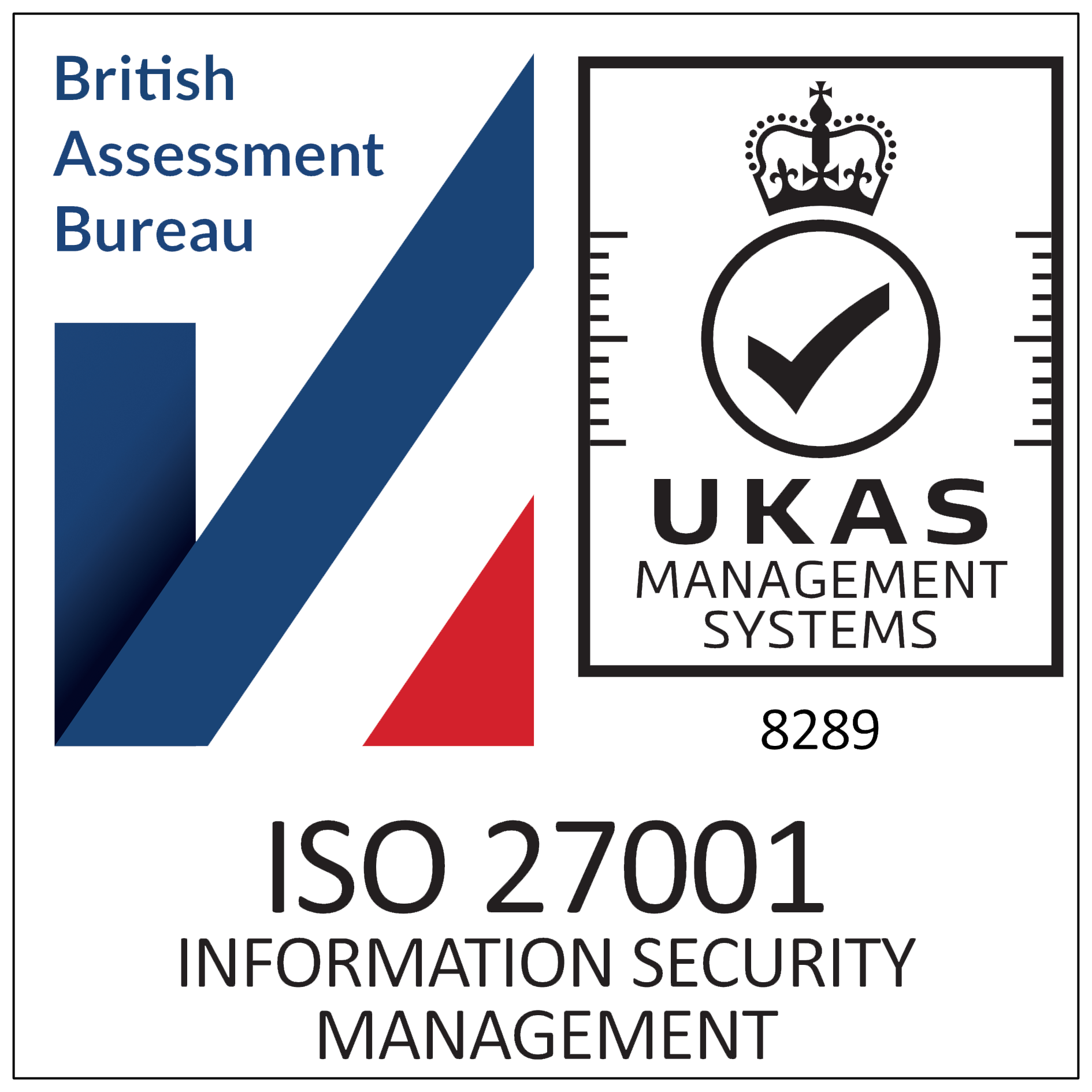Tax-Free Wealth Building in 2025: The Rise of Whisky Casks
A niche investment going mainstream
For years, whisky cask investment has been a quiet corner of alternative investing – something discussed more in collectors’ circles than in financial advice meetings. But 2025 is seeing a shift. Headlines talk about whisky casks as a tax-free wealth-building tool and investors are increasingly curious about whether this is a serious asset class or just another fad.
Cask Capital describes whisky casks as one of the “last tax-free investment opportunities in the UK,” highlighting both the capital gains tax exemptionand the growing global appetite for rare spirits. But as with any trend that promises outsized returns, financial advisers and paraplanners need to separate the marketing from the mechanics.
Why investors are drawn to casks
According to recent commentary:
- Tax treatment: Whisky casks are classified as a “wasting asset” in the UK. This means they typically escape Capital Gains Tax (CGT). That’s a powerful hook for clients searching for tax efficiency.
- Supply and demand: Whisky production is limited, maturation takes years, and global demand-particularly from Asia and North America-has never been stronger.
- Portfolio diversification: As an alternative investment, casks aren’t correlated with equities or bonds. They can add resilience in volatile markets.
It’s no wonder some investors now see whisky casks as a tangible, inflation-resistant store of value.
The practical risks
Of course, not all that glitters (or glows amber in a glass) is gold. A sober perspective is essential.
- Liquidity: Selling a cask isn’t like trading a share. The market is opaque, and exits can be slow.
- Valuation uncertainty: Cask value depends on age, distillery, and storage conditions. Transparent pricing data is limited, making it difficult to assess fair value.
- Fraud and mis-selling: Which? recently warned about firms overpromising or disguising fees in whisky investment schemes. This is a red flag advisers must highlight when clients show interest.
The FCA has also flagged concerns about niche, unregulated investments being sold without appropriate risk warnings. As with crypto a few years ago, consumer protection is the big question mark.
Choosing the right cask (if at all)
For clients who remain intrigued, there are some practical filters:
- Work with reputable brokers – Organisations like London Cask Traders and Cask Capital provide educational resources and (to an extent) pricing frameworks.
- Focus on established distilleries– Well-known Scottish distilleries with consistent brand value are less risky than newer entrants.
- Understand storage– Where and how the cask is matured affects both quality and value. Poor warehousing can erode returns.
- Plan the exit– Whisky isn’t just held; it’s sold. Advisers should stress the importance of understanding resale channels and timelines.
For advisers, the key is helping clients weigh the romance of owning a whisky cask against the practical realities of managing an illiquid, alternative asset.
What to tell clients
- Whisky cask investment candeliver attractive returns, but it’s not risk-free.
- Tax benefits are real but depend on HMRC continuing to classify casks as wasting assets. Policy changes could alter this.
- Due diligence is critical. If a client brings you a glossy brochure promising double-digit annual returns, approach it with the same scrutiny as any unregulated scheme.
Ultimately, advisers should frame whisky casks as a specialised, high-risk allocation-a potential addition for well-diversified, high-net-worth clients who understand the risks, but not a mainstream tax solution.
Our take
At We Complement, we don’t dismiss niche investments outright. They can spark valuable client conversations and open doors to deeper planning discussions. But our role-as paraplanners, advisers, and suitability consultants-is to stress test the logic, highlight the pitfalls, and make sure clients are making decisions with eyes wide open.
As the FCA’s Consumer Duty continues to sharpen expectations around evidencing good outcomes, it’s never been more important to document whyan investment is or isn’t appropriate. And whisky, for all its allure, demands that kind of clarity.
Final thought
Alternative investments like whisky casks will always attract attention, particularly in uncertain markets. The real test for advice firms is whether these ideas are handled with rigour and balance. Clients deserve both the excitement of opportunity and the discipline of good governance.
If this resonates with what you’re seeing in client conversations, we’d love to hear from you.



